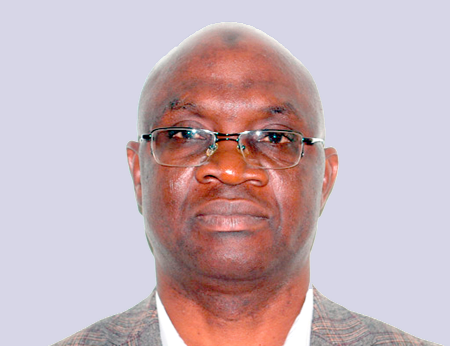
Public University Bill addresses varying provisions — Prof. Salifu
The Director-General of the Ghana Tertiary Education Commission (GTEC), Prof. Mohammed Salifu, has explained that the introduction of the Public University Bill is to address the wide variation and sometimes conflicting provisions in the isolated pieces of legislation establishing public universities.
“The biggest concern lies in the widely varying and, at times, conflicting provisions of the acts in critical areas such as the appointment of governing councils, membership of councils, terms of office of council members, appointment of chancellors and council chairpersons, among others,” he said in an interview with the Daily Graphic.
Variations
Prof. Salifu was explaining the rationale for the bill and its importance to the governance arrangements and management of public universities in the country.
"The provisions have translated into varying and contrasting institutional statutes, leading to different and unpredictable governance procedures and processes across public universities.
"Furthermore, in spite of the fact that the universities are publicly owned and funded, the presumption that the councils have the power of making unfettered decision has, in many instances, resulted in a gradual shift in focus of the universities from their core mandates,” he said.
Additionally, he said, without following the required due process, the existing situation had also, in some cases, led to decisions with significant contingent financial liability to the government.
Controversy
The passage of the bill in its current form has generated some debate, with the university teaching community, including those in private institutions, rejecting the bill.
The University Teachers Association of Ghana (UTAG) has expressed reservations about the bill, contending that it will take away the academic freedom that public universities have.
The UTAG members have rejected portions of the bill which require that nominees of the President on the councils should be five, saying that will give the President overbearing power over the universities.
For vice-chancellors, the decision to include a centralised admission process will amount to the government interfering in their admission processes.
Prof. Salifu, however, dismissed both concerns, explaining that they were based on hearsay.
He said the centralised admission service should not be equated to the computerised schools selections and placement system at the senior high school level.
Transparency, accountability
He said even though the objective of the government was to ensure that universities became semi-autonomous educational institutions, transparency, accountability and efficiency must be the watchwords in their operations.
He asserted that because public universities depended largely on public financing, the ethos of transparency, accountability and efficiency were critical, since there was the need for greater accountability regarding the utilisation of resources allocated to them.
He observed that the three characteristics enunciated depended on a well-structured governance architecture and legal framework that ensured consistency and commonality in the administration of public universities, "while recognising the peculiarities in the objects of the institutions".
Prof. Salifu said having developed the policy on tertiary education, the first-ever in the history of higher education in the country, the bill had been proposed to give effect to new policy initiatives and reforms.
He clarified that, as of now, because there was no common act for all public universities, each of them was operating at different levels, making harmonisation a major challenge.
Academic freedom
Prof. Salifu expressed disappointment at the claim regarding academic freedom, saying of “all the existing acts that we have for the universities, there is none that makes reference to academic freedom”.
"The notion of academic freedom is a very abstract idea that is being peddled," he stressed, adding: "This is the first time that we are seeking to define academic freedom, so that nobody will be misled into thinking that the government is trying to micro-manage the universities."
He insisted that if anybody or group felt strongly that the definition of academic freedom, as it was in the bill, was inimical, that person could make an input for amendment.
